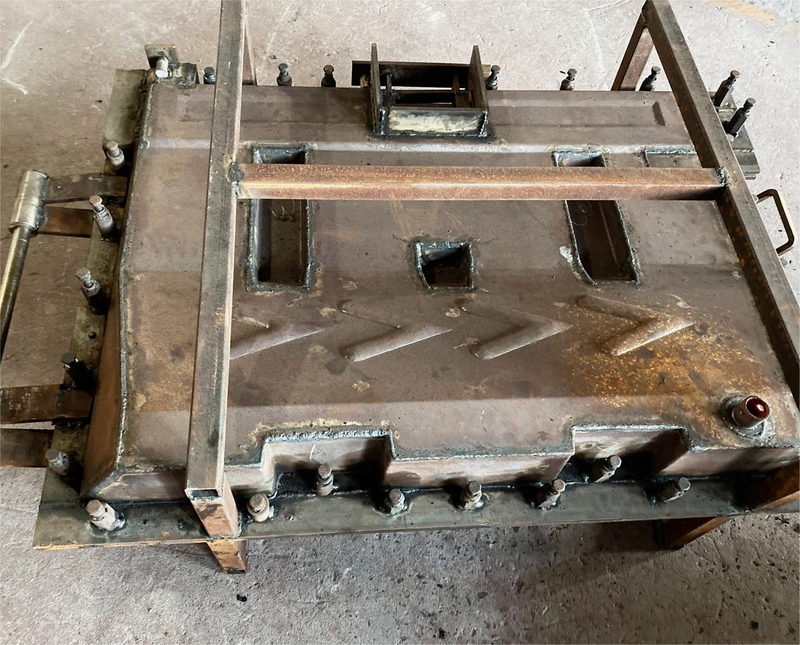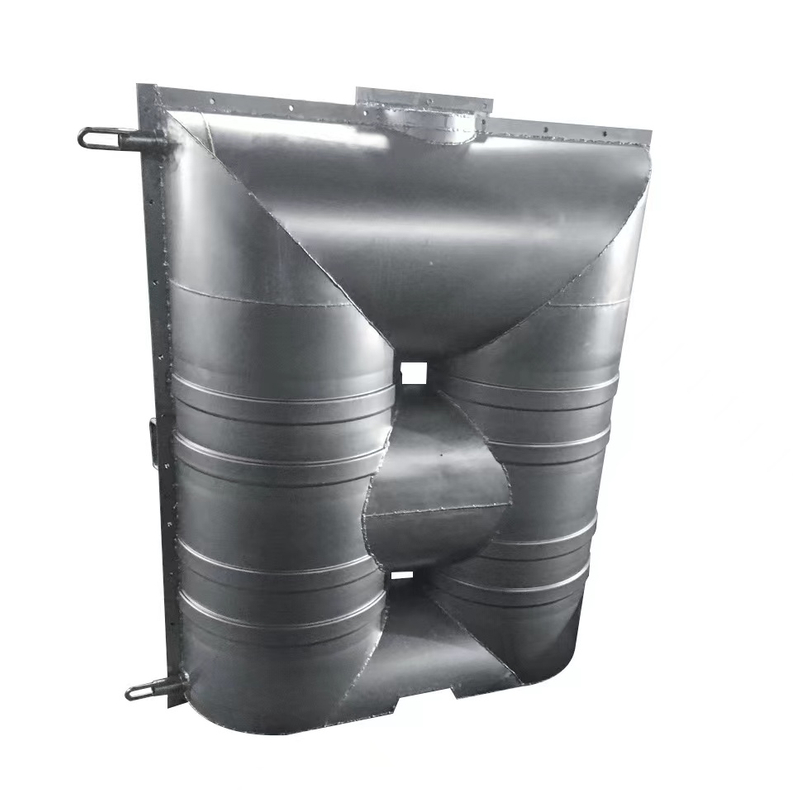







Inborn, a leading rotational mould manufacturer based in China, has been at the forefront of revolutionizing the manufacturing industry with advanced moulding techniques. Our commitment to innovation, quality, and customer satisfaction has established us as a trusted name in the field. This article explores the profound impact of rotational moulding on modern manufacturing, highlighting its advantages, applications, and future potential.
Rotational moulding allows for the creation of complex and large hollow shapes that would be difficult or impossible to achieve with other moulding methods. This versatility enables manufacturers to produce a wide range of products, from large storage tanks to intricate toys.
Inborn's OEM/ODM services provide significant customization options, allowing clients to design products tailored to their specific needs. This flexibility is a major advantage for businesses looking to create unique items or adapt to changing market demands.
Rotational moulding uses materials efficiently, minimizing waste. The process involves loading a pre-measured amount of plastic into the mould, ensuring that only the necessary amount of material is used.
Compared to injection moulding, rotational moulding has lower tooling costs due to the simpler mould design and absence of high-pressure systems. This makes it an attractive option for low to medium volume production runs.

One of the key benefits of rotational moulding is the ability to produce parts with uniform wall thickness, resulting in strong and durable products. Inborn's advanced manufacturing techniques ensure consistent quality across all products.
The rotational moulding process involves gradual heating and cooling, which reduces the internal stresses in the moulded parts. This leads to improved structural integrity and longevity of the products.
Rotational moulding is widely used in the production of large storage tanks and containers for industries such as agriculture, water treatment, and chemical processing. The ability to create seamless, leak-proof tanks makes this method ideal for such applications.
The automotive industry benefits from rotational moulding for manufacturing durable and lightweight components such as fuel tanks, air ducts, and fenders. The process allows for the integration of complex shapes and features, enhancing the functionality of the parts.
Outdoor furniture, including chairs, tables, and planters, are commonly produced using rotational moulding. The weather-resistant properties of rotationally moulded products make them perfect for outdoor use.
Rotational moulding is extensively used in the toy industry to create hollow, durable toys and recreational products like kayaks and playground equipment. The ability to produce safe, high-quality items makes this method popular among manufacturers.
In the healthcare sector, rotational moulding is used to produce medical equipment and components, such as patient positioning devices and housings for medical devices. The precision and quality of rotationally moulded parts ensure they meet the stringent standards of the medical industry.

The integration of automation and robotics into the rotational moulding process is expected to enhance efficiency and precision. Automated systems can streamline production, reduce labor costs, and improve product consistency.
The development of new materials, such as high-performance polymers and composites, will expand the capabilities of rotational moulding. These advanced materials can offer improved properties like higher strength, better thermal stability, and enhanced UV resistance.
Inborn is committed to sustainability by exploring the use of eco-friendly materials and practices in rotational moulding. The adoption of biodegradable plastics and recycled materials can reduce the environmental impact of manufacturing processes.
Innovations in energy-efficient heating and cooling systems can further reduce the carbon footprint of rotational moulding. Implementing green technologies will contribute to more sustainable and environmentally responsible manufacturing.
The impact of rotational moulding on modern manufacturing is significant, offering numerous advantages in terms of design flexibility, cost efficiency, and product durability. As a leading rotational mould manufacturer, Inborn continues to drive innovation and quality in this field. With advancements in technology and a focus on sustainability, rotational moulding is set to play an even more vital role in the future of manufacturing, providing versatile solutions for a wide range of industries. Choose Inborn for your rotational moulding needs and experience the benefits of cutting-edge manufacturing techniques.





